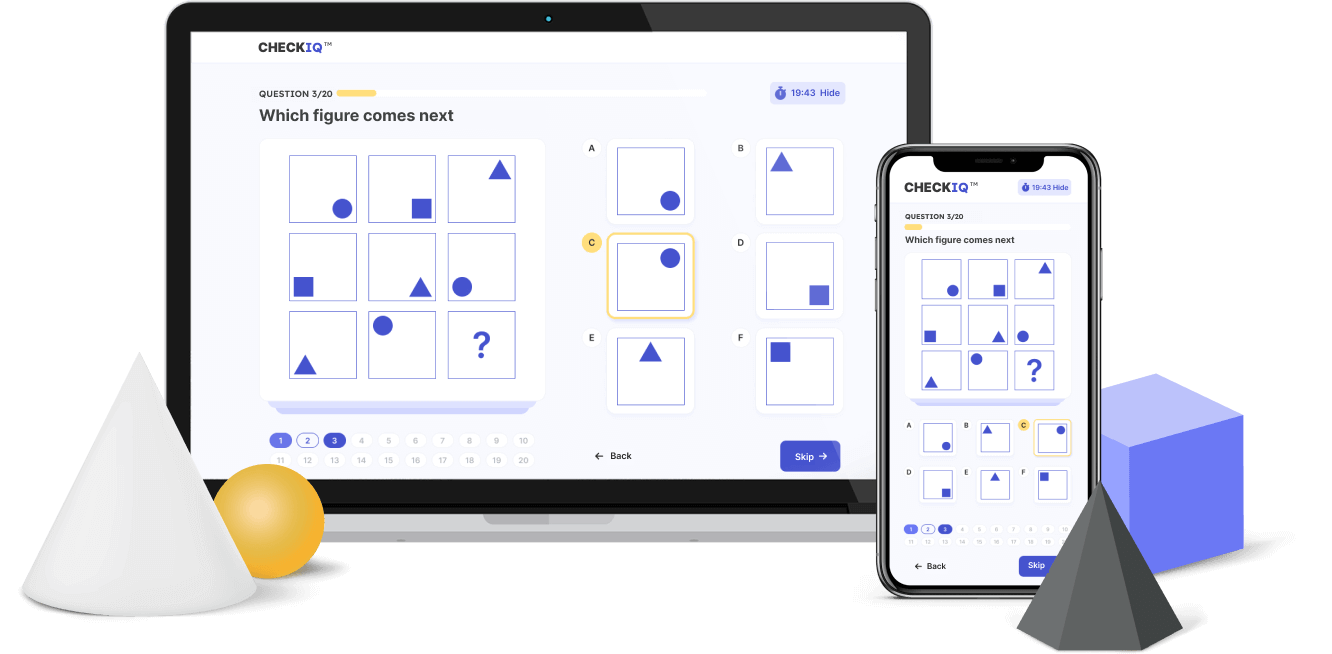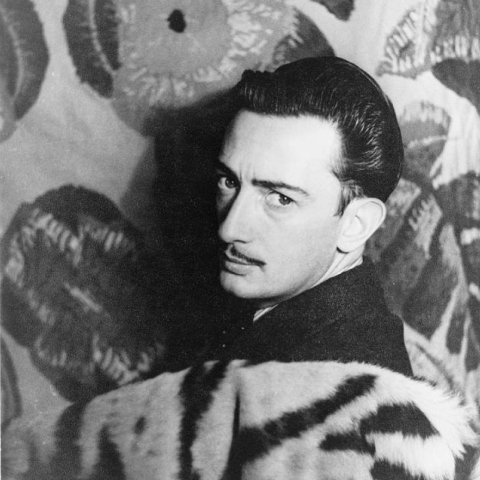Salvador Dalí's IQ Was 175: A Genius in Art and Mind
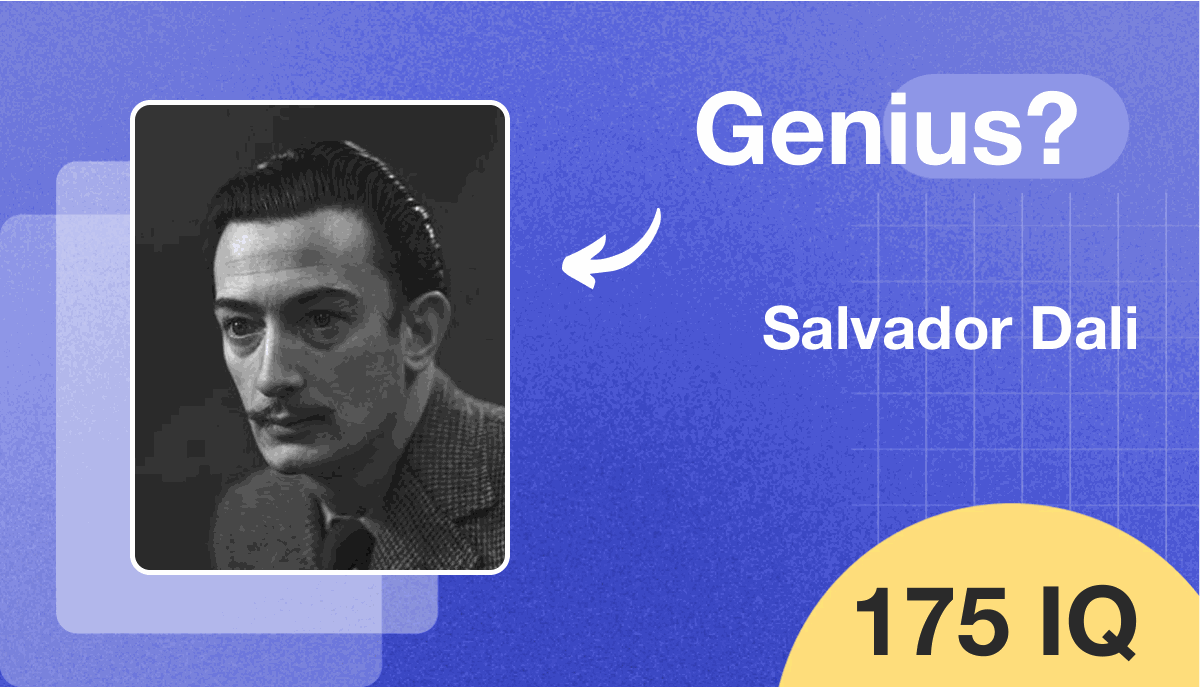
It begins with the mustache, a thin line turned skyward like an antenna tuned to the divine and the bizarre. Salvador Dalí, flamboyant and fiercely imaginative, wasn’t just an artist; he was a living masterpiece. Born in 1904 in Figueres, Spain, Dalí declared at 16 that he would become a genius. He wasn’t wrong. More than just his art, Dalí's intelligence has been a point of fascination, with some sources suggesting his IQ was 175 – a number that, like his art, seems both remarkable and shrouded in myth.
From childhood brilliance to Parisian fame
Dalí’s childhood was marked by his precocious intelligence and vivid imagination. Raised in a prosperous Catalan family, Dalí displayed a talent for art that matched his fascination with science, literature, and philosophy. While IQ tests as we know them didn’t exist during his youth, modern estimates based on his writings, interviews, and accomplishments suggest a highly gifted intellect.He studied art in Madrid, where his unconventional methods dazzled some professors and infuriated others. Expelled for insubordination, Dalí took his brilliance to Paris, where he mingled with icons like Picasso and Miró. Their influence pushed him toward Surrealism, which Dalí elevated with his paranoiac-critical method, blending dreamlike visions with technical precision. His intellect wasn’t confined to art; Dalí’s fascination with physics, mathematics, and psychoanalysis enriched his work, making it as thought-provoking as it was visually stunning.
The paradox of genius
Dalí’s estimated IQ range places him in the "highly gifted" category, a level of intelligence shared by some of history's most influential figures. However, Dalí’s genius was multidimensional. His artistry merged with his intellectual curiosity, particularly his interest in science. After reading Freud’s The Interpretation of Dreams, Dalí adopted psychoanalytic themes that revolutionized his art. In the 1950s, he turned to "nuclear mysticism," combining Catholicism and atomic theory. That was a geunine testament to his relentless pursuit of knowledge.Critics sometimes argued that Dalí’s eccentric persona overshadowed his intellect. Yet, his innovations, from optical illusions to his use of mathematical principles like the Golden Ratio in works such as The Sacrament of the Last Supper, suggest otherwise. Dalí’s ability to merge abstract ideas with meticulous execution reflects a mind that thrived on complexity.
A legacy measured in more than numbers
Dalí’s brilliance extended beyond the canvas. His collaborations with filmmakers like Alfred Hitchcock, his creation of iconic designs like the Chupa Chups logo, and his literary pursuits – writing an autobiography and surreal novels – highlight his intellectual versatility. His capacity to market himself, turning his eccentricities into a brand, showed an astute understanding of human psychology.While his IQ estimates, sourced from various analyses of his work and life, remain speculative, they offer a lens through which to view Dalí’s genius. Numbers aside, it’s his ability to innovate, provoke, and inspire that cements his place as a cultural titan. Salvador Dalí was a man whose intelligence and imagination knew no bounds, leaving a legacy as surreal and enduring as his art.
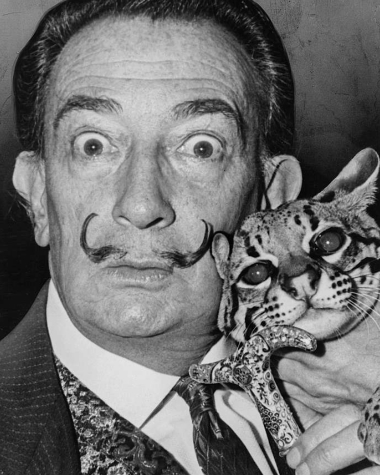

Average Confidence Level
LowWe derived Salvador Dali's approximative IQ from the following three sources: Geniuses, Geni and IQ Test Prep.
 Confidence Level: Low
Confidence Level: Low
 Confidence Level: Low
Confidence Level: Low
 Confidence Level: Low
Confidence Level: Low
5 Examples of Salvador Dali's Extraordinary Brilliance
- High IQ Estimate: Salvador Dali's intelligence quotient was estimated at 175, highlighting his extraordinary intellectual capacity. His mental acumen contributed significantly to his distinctive artistic vision and the complexity of his works.
- Innovative Painting Techniques: Dali invented the paranoiac-critical method, a unique approach to art where the artist invokes a paranoid state. This allowed for a spontaneous method of creating artwork based on delusional associations, demonstrating his brilliant creativity and understanding of the mind.
- Multidisciplinary Contributions: Dali extended his genius beyond painting. He made significant contributions to photography, film, and sculpture. His versatility and ability to excel in multiple disciplines underscore his intellectual versatility and creative vision.
- Surrealistic Icon: Through groundbreaking works like 'The Persistence of Memory,' Dali became synonymous with Surrealism. His ability to materialize the complexities of the human psyche into tangible art forms speaks volumes about his deep intellectual and emotional insight.
- Influence on Modern Art: Dali's influence pervades modern art; his explorations of subconscious imagery and imaginative expressions have paved the way for countless artists, demonstrating his lasting intellectual impact and the power of his innovative thought on future generations.
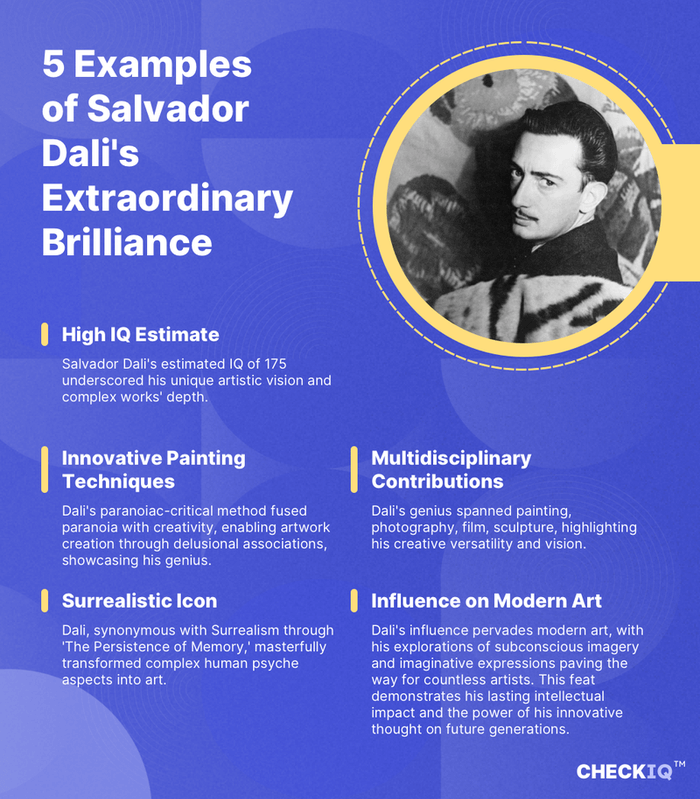
Try our accurate online IQ Test. Get your IQ score immediately.
Start IQ Test
How Does Salvador Dali's IQ Compare to the Rest of the World?
Salvador Dalí's IQ of 175 places him in an extraordinarily elite group. Based on IQ-to-percentile conversion, a score of 175 corresponds to the 99.99997th percentile. In simple terms, only 0.00003% of people are estimated to reach that level of intelligence. However, it is important to note that this figure is based on estimates, as Dalí's IQ has not been measured through any official IQ test.
That IQ score, if confirmed, would easily surpass the entry requirements for any high-IQ society including Mensa, Intertel, and even the more exclusive Triple Nine Society and Epimetheus Society.
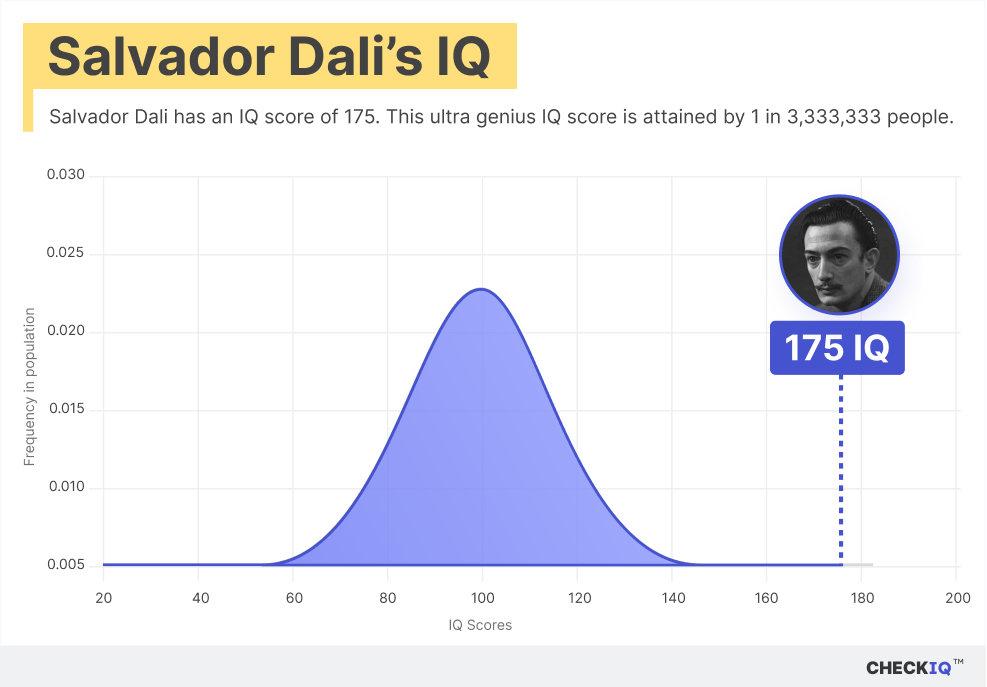
Salvador Dali vs. Other Painters: Here's How They Compare
Salvador Dalí, with his impressive IQ of 175, stands among the smartest and most famous artists in history. His intelligence is equal to that of his fellow artist and contemporary, Pablo Picasso (175 IQ), a fellow pioneer of modernism whose bold and revolutionary works redefined visual storytelling. Both Dalí and Picasso shared an unparalleled ability to stretch the boundaries of imagination while maintaining a mastery over their craft. Their mutual fascination with surrealism and abstraction bridged their creative universes, while their distinct personalities added layers of depth to their legacies.
Stepping further into the annals of artistic brilliance, Leonardo da Vinci (180 IQ) surpasses both Dalí and Picasso in intellectual estimation. Da Vinci’s genius extended far beyond the canvas, encompassing fields like anatomy, engineering, and invention. His ability to marry the arts with the sciences paved the way for a multidisciplinary approach to creativity that inspired figures like Dalí to explore the intersection of nuclear physics and mysticism in their own work. Though separated by centuries, Dalí’s intellectual curiosity mirrored da Vinci’s relentless quest for knowledge, making them kindred spirits in their pursuit of the extraordinary.
Vincent van Gogh (165 IQ) represents another fascinating point of comparison. Although slightly below Dalí in intellectual estimates, van Gogh’s deeply emotional and introspective approach to painting speaks to a different kind of brilliance. His works radiate an intuitive understanding of color, mood, and human emotion, qualities that Dalí admired and often emulated in his own surrealist landscapes. Both artists transformed their inner worlds into universal expressions, proving that intellect and creativity can manifest in many forms.
Michelangelo (145 IQ) demonstrates yet another facet of genius, where his slightly lower IQ belies the towering impact of his works. Known for masterpieces like the Sistine Chapel ceiling and David, Michelangelo’s genius lay in his ability to blend technical perfection with profound emotional resonance. Dalí, who revered classical forms, often incorporated Michelangelo’s sense of drama and anatomy into his own work, a nod to their shared understanding of art’s transformative power.
Finally, Rembrandt (110 IQ) may sit lower on the IQ scale, yet his artistic contributions are no less significant. His command of light and shadow—what art historians call chiaroscuro—revolutionized painting, creating emotional depth that continues to resonate today. Dalí himself was influenced by Rembrandt’s mastery of contrast, often using sharp distinctions between light and darkness to heighten the surreal tension in his works.
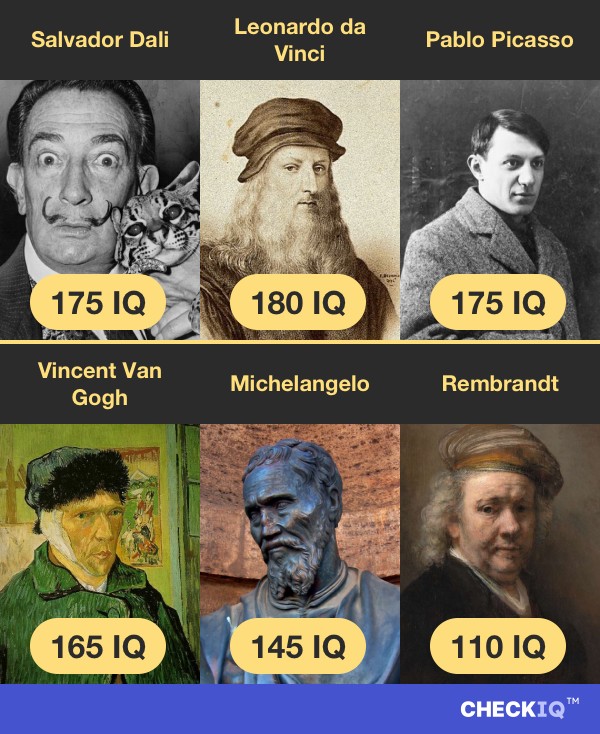
Are you impressed by Salvador Dali's IQ? The comments section below is waiting for your opinion!

Find Out the IQ of Other Celebrities
-
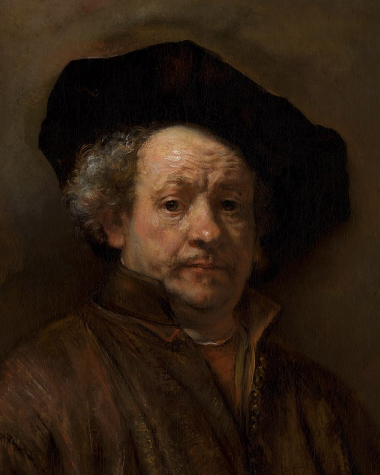 Rembrandt110 IQ
Rembrandt110 IQ -
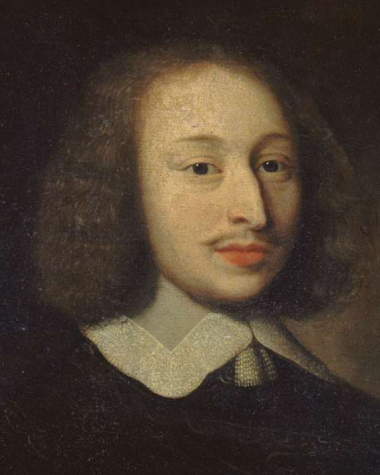 Blaise Pascal180 IQ
Blaise Pascal180 IQ -
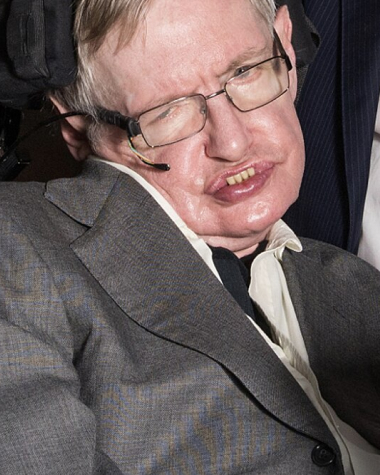 Stephen Hawking160 IQ
Stephen Hawking160 IQ -
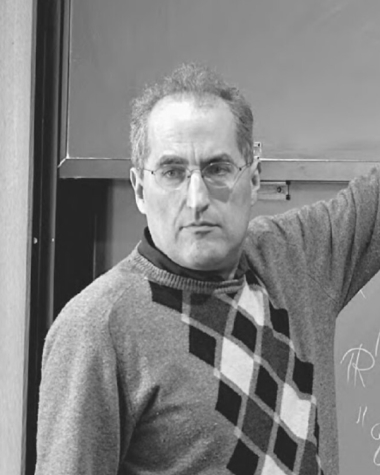 Edward Witten191 IQ
Edward Witten191 IQ -
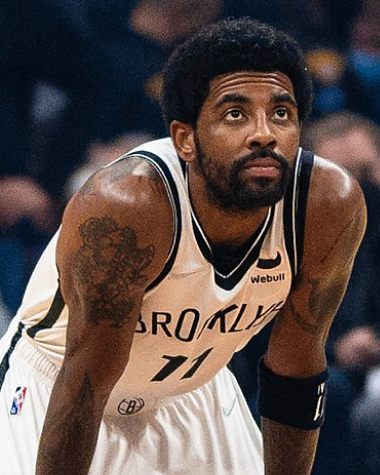 Kyrie Irving150 IQ
Kyrie Irving150 IQ -
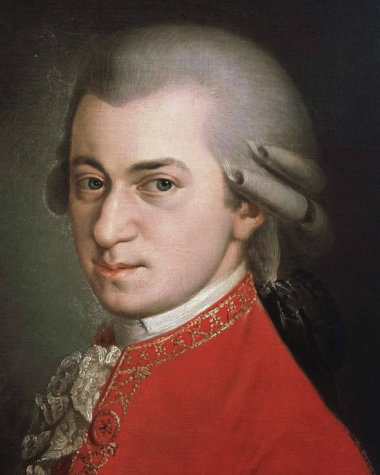 Wolfgang Amadeus Mozart150 IQ
Wolfgang Amadeus Mozart150 IQ
